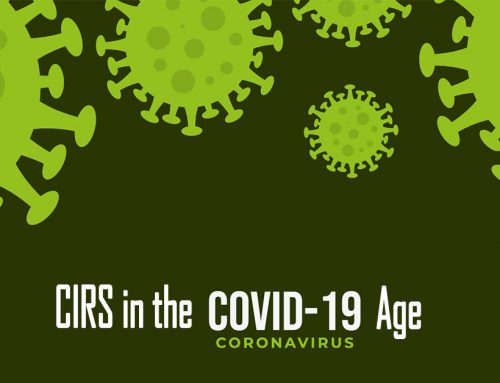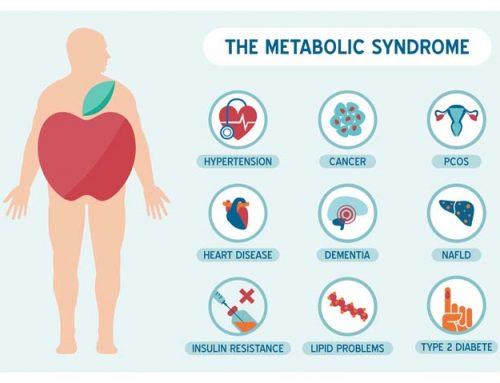Health-wise and also emotionally, menopause can be an extremely difficult period in a woman’s life. The menopause and peri-menopause (which includes the years leading up to menopause) can require a few tricks to navigate successfully from a health perspective. Important factors can include supporting the thyroid gland, ensuring optimal nutrition (including removal of toxic non-foods), including regular exercise, adequate fluid and detoxification techniques. Regular meditation combined with yoga can be highly beneficial as well.[1]
In addition, hormone balance can play an extremely important role for many women at the time of menopause. Although the Woman’s Health Initiative and other similar studies reported a high level of risk with synthetic hormone replacement therapy (HRT) several more natural approaches appear to be safe and beneficial.[2]
Supplementing with minerals such calcium, magnesium, silica and boron plus vitamin D and K plus vitamins C and B12 can greatly help with optimising bone density. The combination of the combination of resveratrol, tryptophan, glycine and vitamin E may represent an effective combination for treatment of sleep disturbance and irritability in the peri and post-menopause.[3] Herbal formulas such as vitex agnus-castus to increase progesterone levels, black cohosh or red clover to optimise estrogens, and kava, passionflower, valerian and skullcap to help with anxiety and insomnia require more study, but may represent useful complementary approaches for dealing with menopausal symptoms in clinical practice.[4]
The use of bio-identical progesterone replacement for example has come under investigation recently and a recent review study showed that bio-identical progesterone as opposed to synthetic progesterone (MPA) enhances, or at least doesn’t negate favorable effects of oral estrogen on blood cholesterol levels. Bio-identical progesterone as opposed to synthetic progesterone also does not increase blood sugar levels when combined with oral estrogen.[2]
“Smaller controlled studies have shown a positive effect of micronized (bio-identical) progesterone on sleep, mood, and fluid balance diuresis, in contrast with MPA (synthetic oral progesterone) which may cause depression and fluid retention.”[2]
Why is this? Advocates have explained that while synthetic progesterone have a similar effect to natural, bio-identical progesterone in the uterus, the effects of the synthetic progestins are totally different outside the womb. This is because the molecules are totally different. So the key (the synthetic progesterone molecule) will only fit in the lock (progesterone receptors) in some cases, and in many cases blocks the lock, so that the bodily produced progesterone no longer works.
So while progesterone is a natural enhancer of a healthy cholesterol and blood sugar profile, is an anti-anxiety, fluid-removing and sleep-enhancing molecule, synthetic progestins such as MPA often do the opposite, and can cause depression and fluid retention. The answer seems to be to mimic nature.
Transdermal (cream) forms of estradiol, one of the natural forms of estrogen appear to also have beneficial effects as compared to oral synthetic estrogen. This may be due to the lack of high concentrations of hormone having to be metabolised by the liver, a step which is known as “first pass metabolism” and may put stress on liver function. Also levels of hormones tend to be much more constant when delivered by transdermal or troche (a chewable gum which acts like a cream for the mouth) rather than oral administration. [5]
“In conclusion, while all types of hormone replacement therapies are safe and effective and confer significant benefits in the long-term when initiated in young postmenopausal women, in specific clinical settings the choice of the transdermal route of administration of estrogens and the use of natural progesterone might offer significant benefits and added safety.” [5]
References:








Leave A Comment